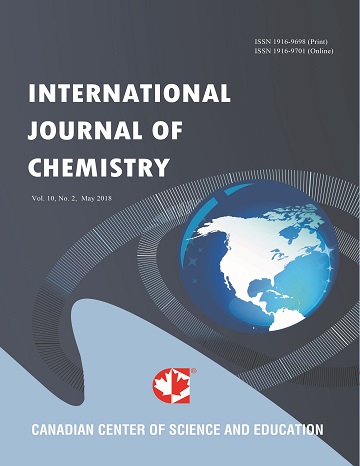Synthesis and Characterization of Zinc Carboxylates as Aqueous Corrosion Inhibitors for Mild Steel and 2024, 6061, and 7075 Aluminum Alloys
- Volkan Cicek
- Mehmet Ozdemir
- Allen Apblett
Abstract
Synthesis and characterization of environmentally friendly metallo-organic corrosion inhibitors for protection of mild steel and certain aluminum alloys are being sought to replace carcinogenic hexavalent chromium based corrosion inhibitors. Given the toxicity and carcinogenicity of chromates, the purpose of this study is not just synthesizing any efficient corrosion inhibitors for certain alloys of certain metals to be applied in different environments, but also to find environmentally friendly corrosion inhibitors for successful chromate replacements. In this regard, the standard for an environmentally friendly inhibitor is considered as having acceptable or no toxicity compared to chromate inhibitors. Studying the reasons underlying the success of chromate inhibitors seems to be the first reasonable approach one might take before formulating chromate replacements. Therefore, synergistic combinations of carboxylic acids and zinc cation, which is well-known for its cationic inhibiting efficiency producing carboxylate salts of zinc with a general formula of (Zn) (hydroxyacid)2 are aimed to be synthesized and characterized. Practical results have proven the hypothesized advantages of zinc carboxylates correct and yielded that certain zinc carboxylates can be suitable corrosion inhibitors for certain metals and their alloys under specific circumstances.
- Full Text:
 PDF
PDF
- DOI:10.5539/ijc.v5n2p7
Index
Contact
- Albert JohnEditorial Assistant
- ijc@ccsenet.org
